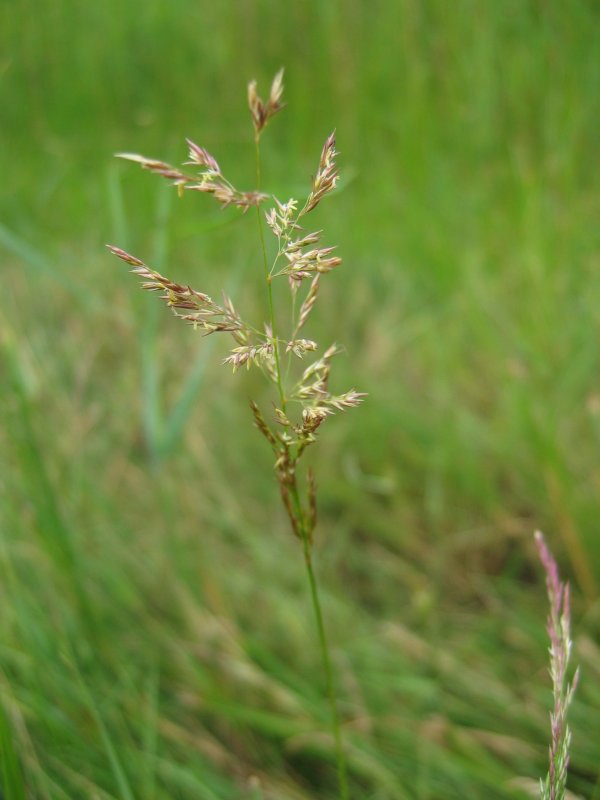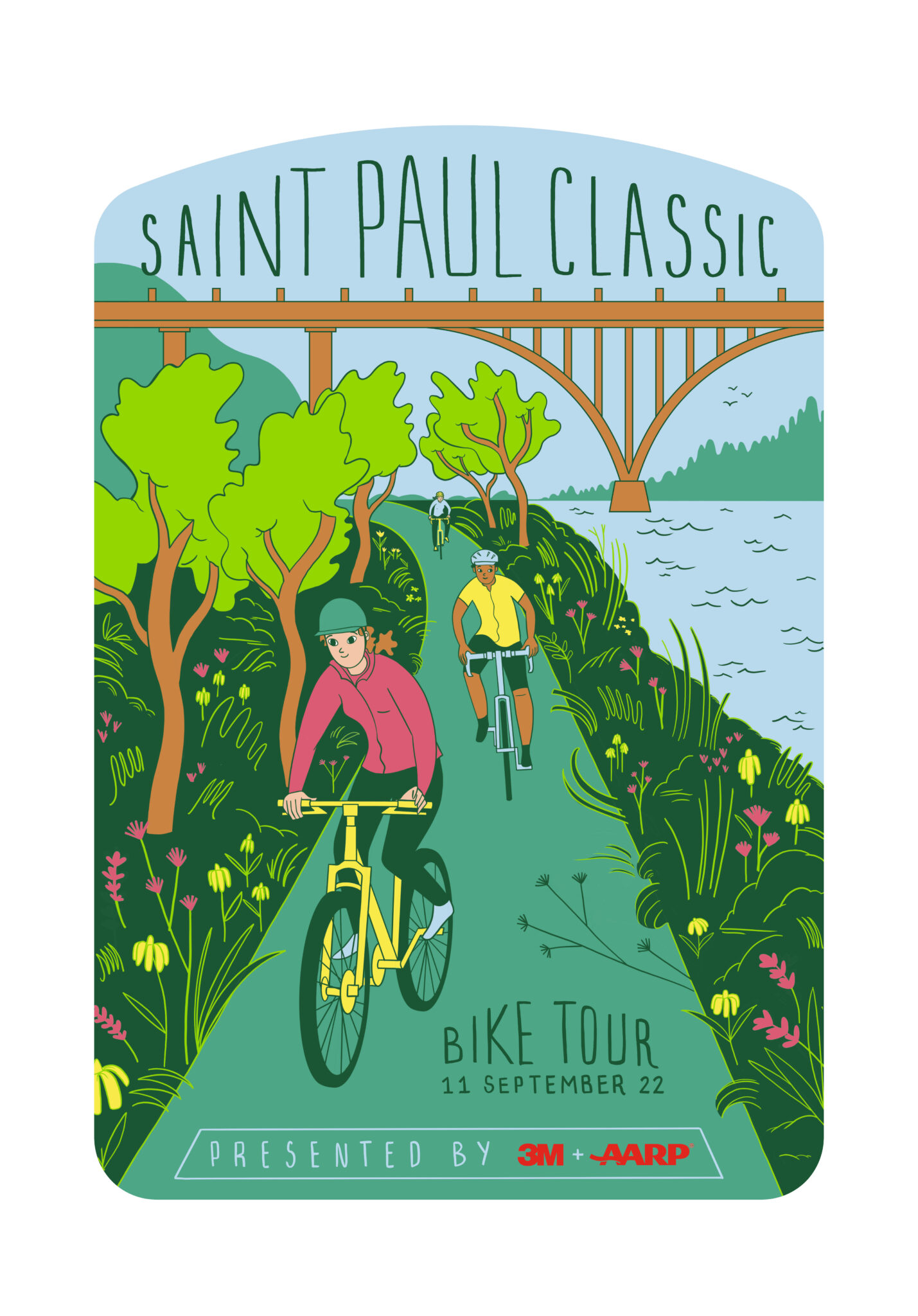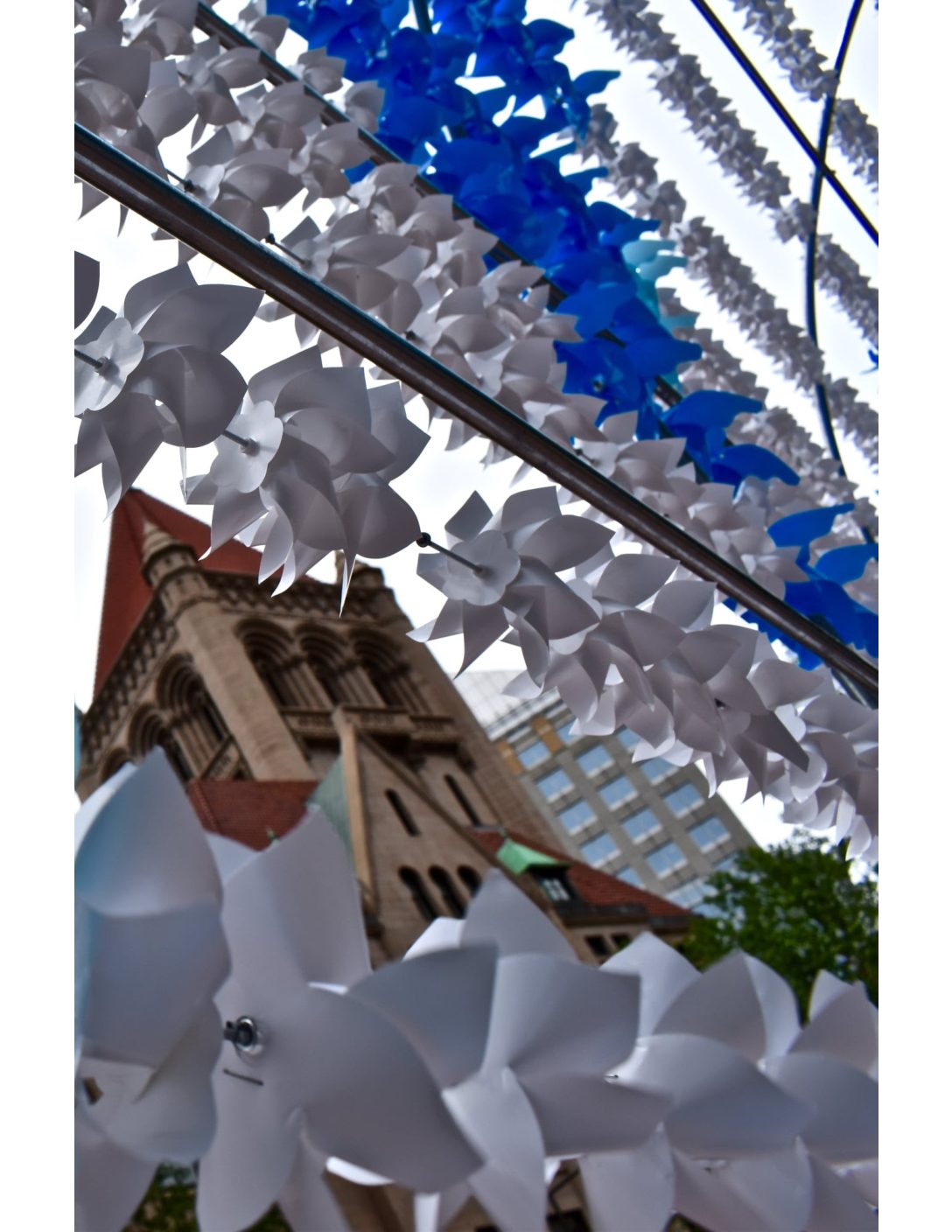Growing Your Sustainable Lawn
GARDEN VIEWS
By Kent Petterson
A reader named Paul sent me a question about the grass on his boulevard—or should I say lack of it. As he noted and many other readers will find, Kentucky Bluegrass is not the best choice of plant for the inhospitable environment at the edge of our streets. In Paul’s case, living on a major roadway, the municipal use of sand and salt during the winter season and the heat sink of summer blacktopped roads combined with low-soil fertility kills a lot of lawn grass. More tenacious and prolific plants such as dandelion, crab grass and quack grass take over.
The University of Minnesota has been doing research on the commercially available “alkaligrass” that is advertised as salt-tolerant. Testing has indicated these are not performing well in our northern climate. Researchers have, on the other hand, found success with a mixture of fine fescue grasses. For details I would recommend consulting https://turf.umn.edu for recommendations for your specific situation. Seeding may be the best option, but as an option it might be worth checking with a turf company to see if they are offering salt-tolerant sod.
Spring is here. It is the second-best time to be seeding lawn grass in Minnesota. (The best is the cooler weather of late summer or early fall.) Go ahead and take this opportunity to overseed or patch small problem spots or to renovate your entire lawn.
Mowed grasses do not go to seed. If allowed to, in the case of ornamentals, the seed they produce is wind pollinated. Grassy areas are cover habitat for insects, but grasses are mostly a food desert for insects. Insect food is found at plant flowers.
Recent interest in insect pollinators has raised awareness of their relationship to wild flowering plants. Many gardeners have been working, some gradually over time, others all at once, to convert their lawns into habitat for insects that provides both cover and food. Wildflowers do that the best because insects have evolved over time with wild plants. The interdependent insect and flower relationships are striking and important. Learn more about it here (https://bit.ly/30Prjmk) and you could be able to retire the lawn mower!




